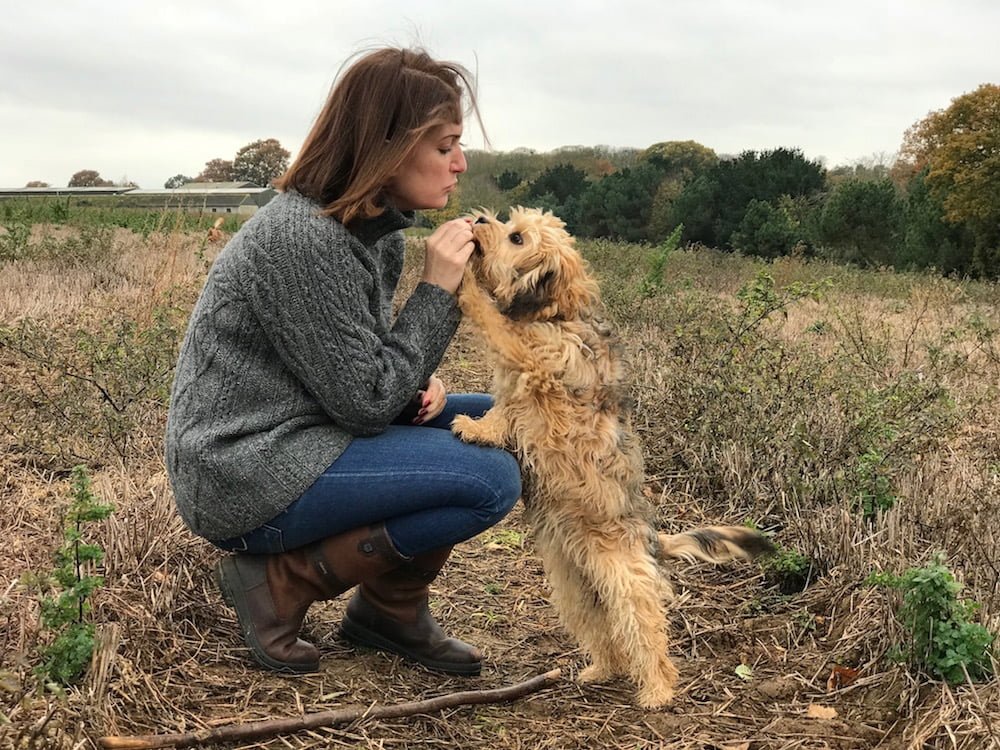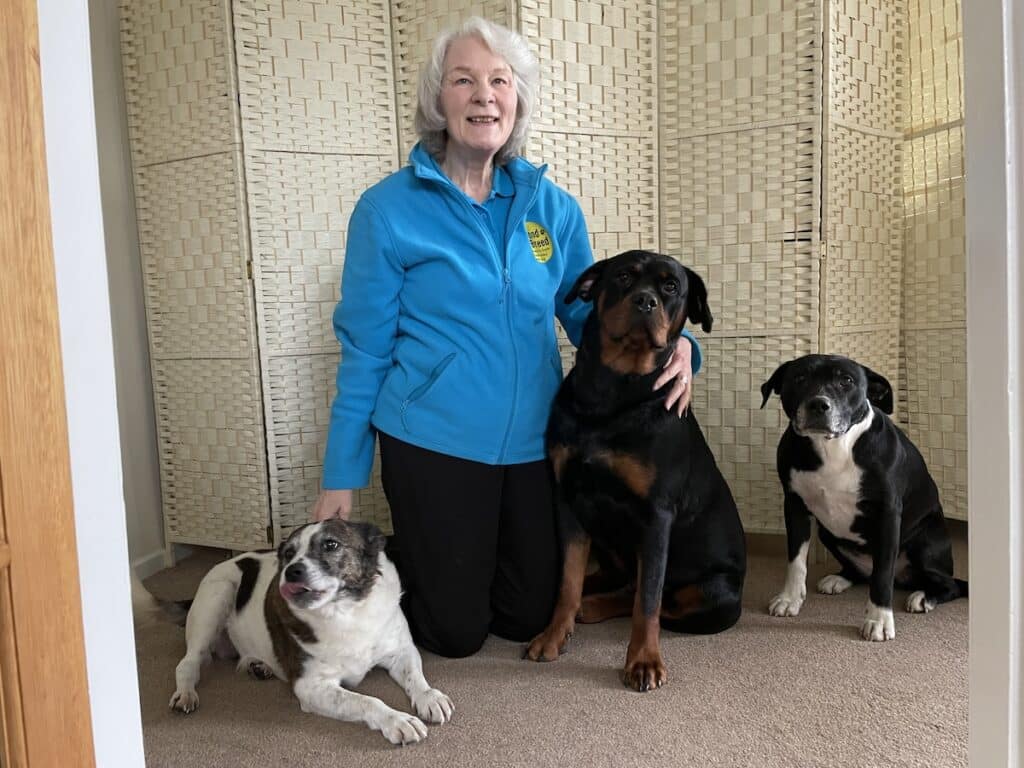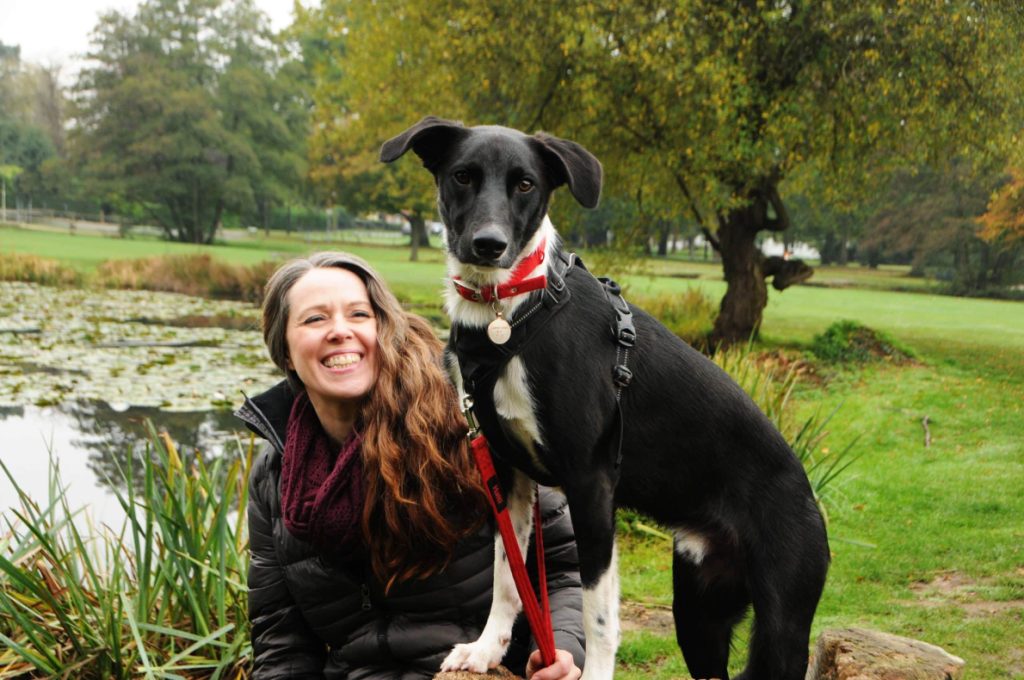Cockerpoos, Labradoodles, Jackahuahuas, Cockaliers, Cavachons, Shorkies, Puggles – the list goes on and on.
The number of hybrid ‘designer’ dogs has increased eight fold in the last decade
For breeder Jules Hamilton this trend made her concerned at the lack of regulation surrounding their welfare.
As demand grew, she found prospective owners struggled to learn how to care for them and where to find responsible breeders.
It inspired her to set up the Hybrid Breeders Association (HBA), which sets out to promote ethical breeding, stop puppy farming and support owners.
Jules explained: “We got a Cavachon (Cavalier King Charles Spaniel and Bichon Frise), five years ago, from a reputable breeder.
“But when we tried to find information on how to care for them – things like looking after their coat and possible health problems – there was very little out there.
“It made me realise that regulation was needed to promote the responsible and ethical breeding of these dogs.“
It was also clear to Jules that the popularity of hybrids was leading to a rise in puppy farming
She said: “No animal lover wants to do anything to bring about the terrible suffering that happens in puppy farms.
“Sadly, they have very sophisticated means of duping people into believing they’re reputable caring breeders when the reality is horrific.”
Jules worked as a pet bereavement counsellor and a project manager before setting up the association earlier this year and the project was entirely self funded.
Jules is applying for charitable status and has the support of Marc Abrahams of Pupaid who agrees that there will always be a demand for puppies.
But breeders, professional bodies and welfare groups have a duty to educate the public in getting the right dog – be it a rescue or a puppy from an ethical breeder.

Adorable Cavachon Bunny, the furry face of the HBA
The HBA has four main goals
The first is to ensure all breeders on her database adhere to her Code of Ethics which focuses on Five Freedoms.
These are adopted by the RSPCA and the World Organisation for Animal Health.
They state that animals are given freedom from thirst and hunger; discomfort; pain, injury and disease, have freedom to express normal behaviour and are free from fear and distress.
The second is to promote breed specific DNA testing for both parents.
At present she has a team of 12 nurses who assess breeders.
Jules also believes female dogs should only have one litter a year.
Thirdly is ensuring people find the right breed.
Jules runs a screening process to make sure people realise the commitment they’re making, understand the breed and are prepared for life with a young dog.
Often, she recommends they rescue an older animal from a shelter instead.
The fourth is to expose the illegal puppy trade.
The history of hybrids
The trend for hybrids or ‘designer’ breeds started back in 1988 when Wally Cochran of The Royal Guide Dogs in Victoria, Australia bred the first Labradoodle.
He was approached by a blind lady living in Hawaii whose husband was allergic to dogs and needed one that wouldn’t set off his allergies.
Wally sent hair and saliva samples from 33 different poodles to the couple to see if they triggered the allergy and they all did.
Then he asked The Royal Guide Dogs about crossing a Labrador Retriever with a standard Poodle.
Out of the three pups born, one didn’t bring an allergic reaction.
Wally went on TV, talking about this new breed of Guide Dog and 29 of the first 31 puppies bred went to help the blind.
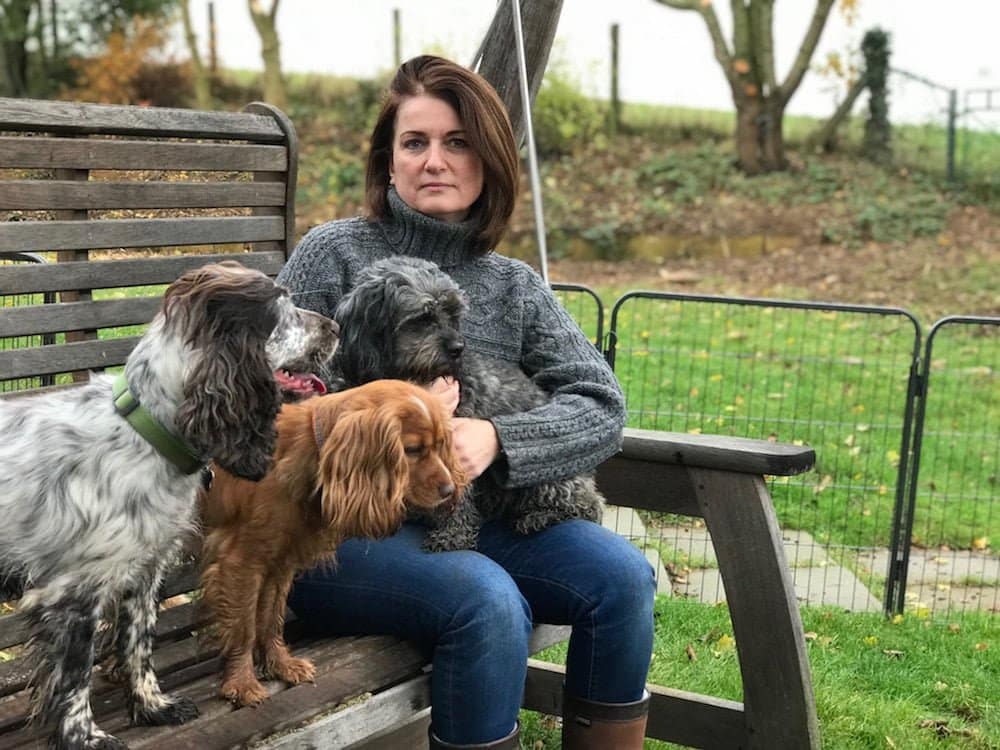
Jules and her dogs out on a walk
Jules, 52, lives in Woodbridge in Suffolk with husband Nigel and Stanley the Labrador, Cavachons Mimms and Bunny, Piglet the Cockalier and Cocker Spaniel Sibie
She says that in an ideal world there wouldn’t be any puppy farms but sadly we’re a long way away from this.
Raising awareness of the HBA means people know there is a place they can go for help and advice.
She said: “We want to ensure they find a healthy dog from a caring breeder they can build a relationship with and turn to if they have any problems.
“One of the reasons puppies are handed in at rescues is because people are often to scared or embarrassed to ask for help. They feel they’ve failed and give up.
“There’s no such thing as a stupid question. Having a puppy is hard. The tiredness, crying and constant worrying can feel like post natal depression.
“We want people to have a wonderful experience of dog ownership, feeling responsible, informed and prepared for up to 15 years with their puppy.”
When people call Jules and her team they go through a screening process
Paw-rents need to consider the following:
• How long have you considered getting a puppy for? It should take at least a year.
• Are you ready?
Is your home ready, so are sharp surfaces covered, do you have exposed wiring, where will they sleep, is the house and garden secure.
• Do your personal circumstances allow you to have a puppy?
Do you have small children? Are you planning to have a baby because lots of dogs are handed over when newborns come along. Do you have elderly relatives to care for? Do you travel a lot? Are you at work all day? If so, an older dog would be more suited who could be walked and would settle when home alone.
• Can you afford it?
It’s not just the initial cost of the puppy to think about. There’s insurance, vaccinations, food, day care and walkers too and it’s a commitment for the lifetime of the dog.
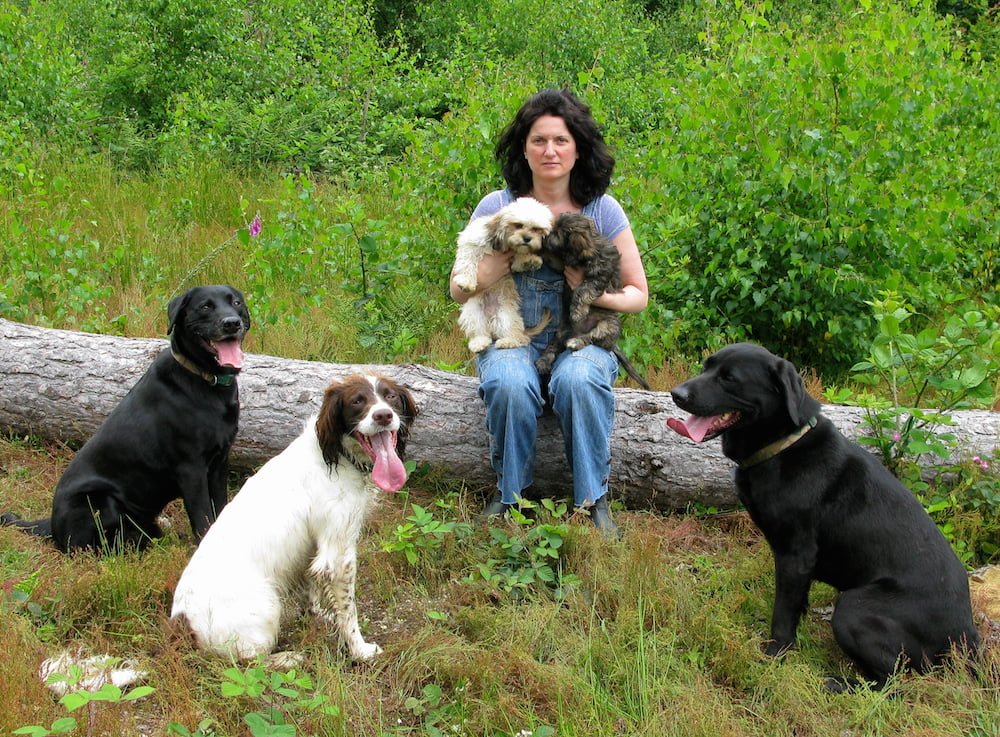
Jules with her pack of gorgeous dogs
Designer dogs can be found in shelters too
We told earlier this year the heartwarming tale of Olaf, a Sproodle Setter – a cross between a Poodle, an English Setter and a Springer Spaniel who went from Zante Stray to Therapy dog.
Jules added: “There are so many fantastic rescues out there and we do send a lot of people to them.
“It’s not about scaring people, it’s about being informed, because our aim is to make sure the puppies who come into the world are healthy and happy, and mums too.
“And the people who decide a puppy is what they want are committed to giving them the best life.”
To find out more about Jules’ work and advice on hybrids, visit www.hba.org.uk and you can follow Bunny on her Facebook page too.


